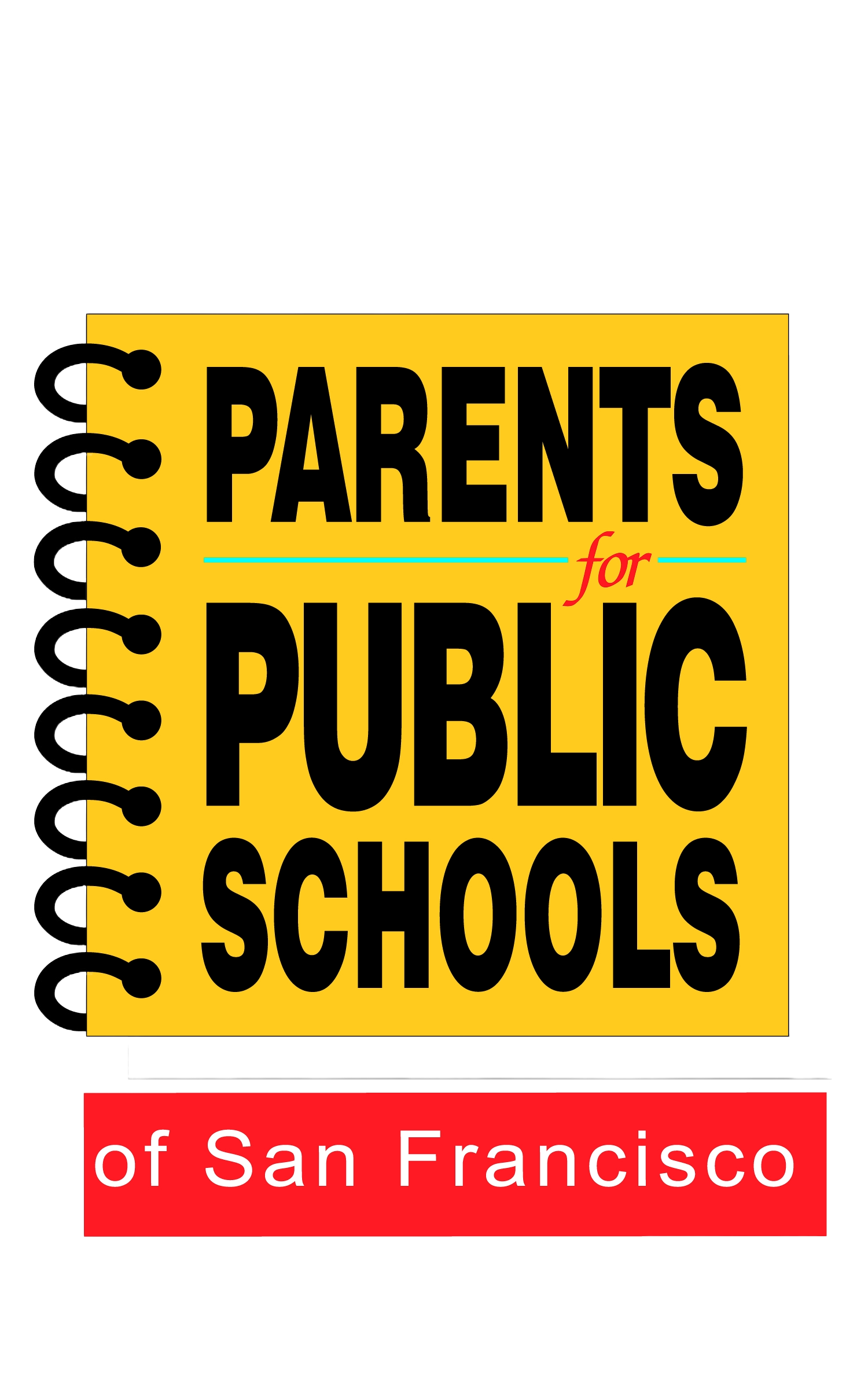What Does It Mean To Build Back Better In San Francisco Schools?
A guest blog post by Matt Alexander, SFUSD Board of Education Commissioner and former principal at June Jordan School of Equity in SFUSD.
As our public schools have begun to return to in-person learning, we’ve also started planning for what schools will look like after the pandemic. One thing is clear: We can’t go back to business as usual.
As a former principal and life-long educator I joined the school board because I saw it as an opportunity to live out our City’s progressive values. I spent ten years as an educational leader at June Jordan School for Equity, a small public school we founded in 2003 to offer an innovative educational model. One way we did things differently was by de-emphasizing standardized testing.
Last month, SFUSD announced that for the second year in a row, our students would not take the state standardized tests. For many parents, that was welcome news. Others worried about not having good data to make decisions about our schools.
Portfolio presentation. Source:
SFUSD
Data is important, but it’s only useful if it changes behavior and culture, to improve outcomes. All too often, standardized test data just confirms what we already know. Each year before school opened in August, I remembered waiting nervously with my fellow school principals to receive our schools’ test results from the previous spring. But the reality is that we pretty much knew what the results would say: Schools serving higher-income students and fewer Black and Brown students would have higher scores. We might be able to make incremental shifts, but everyone knew that the most effective way to really bump up a school’s scores was to attract more privileged students.
At June Jordan School for Equity, we took a different approach to accountability. Rather than focusing on state tests, we used what’s known as a performance assessment system, where students have multiple opportunities to do higher-order tasks that are closely linked to classroom instruction. In each English course, for example, JJSE students had to write at least one literary analysis essay. Teachers graded those essays on a common scoring rubric, and at the end of 10th and 12th grades, students had to present and defend one of their essays in front of a committee of adults and students—like a mini-dissertation defense.
These “portfolio committees,” as we called them, were a powerful form of public accountability. Parents, district officials, business and nonprofit partners, students, and school staff sat on the committees and asked critical questions. We all could see not just student performance but also the results of teacher performance—and when challenges emerged, we worked together as a community to improve.
Portfolio assessment. Source: SFUSD
I remember one student who struggled with their portfolio presentation and had to repeat it. Afterwards, he told me, “I thought the portfolio was going to be easier than taking a test, but to be honest, it was harder. I really had to know my stuff. And when I did it, it made me proud.”
Performance assessment is about authentically measuring what young people know and can do. In San Francisco a number of schools are starting to experiment with portfolios, capstone projects, and exhibitions. Our curriculum department is supporting this work by developing frameworks for assessments that are linked to the Graduate Profile in Vision 2025.
There will be those who feel that this move means we aren’t interested in measuring achievement. But that’s not true. We’re interested in helping our students actually achieve, and in measuring their learning in a way that doesn’t hold them back and effectively discriminate against students of color and students with disabilities.
Also, the tide of popular opinion is changing in our direction. For example, the University of California recently decided to drop the SAT and ACT from its admissions process, and a Regents Committee in January recommended against selecting a new admissions test, due to concerns with racial disparities. Many private universities suspended testing requirements during COVID and are now permanently test-optional. Graduate schools are even abandoning the GRE.
As California moves away from standardized testing and toward more nuanced forms of data collection, like performance assessment, SFUSD is poised to be a statewide leader. Let’s seize the opportunity to build back better.
Matt Alexander served as principal of June Jordan School of Equity for a decade, and is a board member of the San Francisco Unified School District.
Would you like to submit a guest blog post for PPS-SF? We would love to hear from you. Here are our guidelines for submissions.



